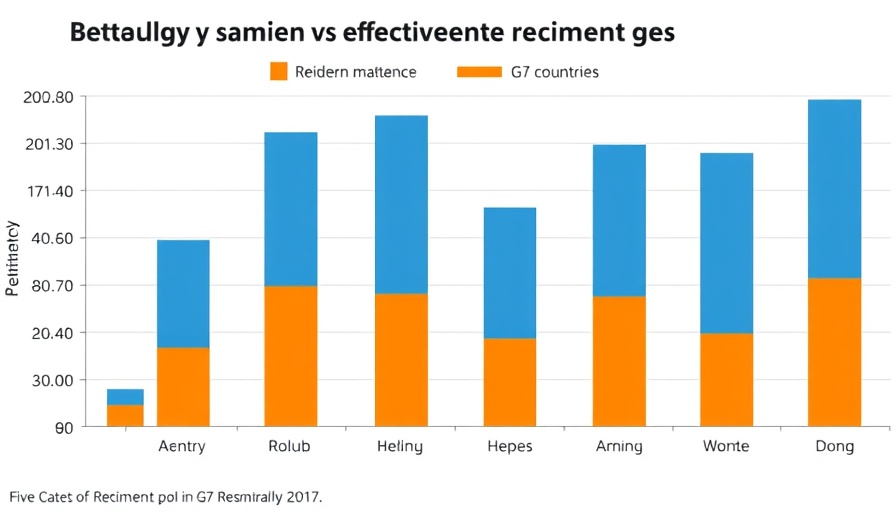
Understanding the Decline in Employee Engagement
In 2024, the U.S. witnessed a significant drop in employee engagement, hitting a decade low with only 31% of workers reported as engaged. This trend reflects a troubling atmosphere in American workplaces, where disengagement is on the rise, paralleling levels last seen a decade ago. The active disengagement rate now sits at 17%, pointing towards a serious disconnect between employees and organizations. The decline is particularly concerning among workers under 35, marking a pivotal moment for companies aiming to maintain a motivated and productive workforce.
The Role of Communication in Employee Engagement
One critical area where employees feel let down is clarity of expectations. As noted in Gallup's analysis, only 46% of employees feel they clearly understand their roles, a decrease of 10 points from March 2020. Moreover, the lack of support from management—evidenced by lower percentages of employees feeling cared for or receiving encouragement for development—raises alarms about the quality of leadership in organizations today. These are essential elements that need addressing if companies want to rejuvenate their workforce and foster a people-first culture.
Industry-Specific Impacts on Engagement
The decline in employee engagement shows variability across different sectors. Sectors such as finance, technology, and professional services have seen notable drops, indicating a systemic issue that transcends individual organizations. It highlights the need for tailored workforce strategies that address the unique challenges faced by different industries. By recognizing sector-specific engagement challenges, organizations can implement refined talent management and leadership development practices to combat disengagement.
Future Implications for Workforce Strategy
As organizations grapple with the implications of declining engagement amid a fluctuating job market, it's crucial to consider how these trends might evolve. With job vacancies remaining high but fewer individuals feeling optimistic about securing new positions, the need for effective succession planning and employee retention strategies becomes paramount. Companies must focus on enhancing employee performance through development opportunities and ensuring a strong relationship with their workforce. Those that adapt will foster a high-performance culture capable of weathering economic uncertainties.
 Add Row
Add Row  Add
Add 




Write A Comment